Howard Shalwitz: I was telling you before that I had my final day in the office yesterday, and you said your final day was just a little bit ago?
Carey Perloff: Well, my last official day at ACT was 30 June, but as it happened, I was directing down at the La Jolla Playhouse, and so I flew back on the day off to clean out my office, which was really surreal and strange. I keep everything. I had twenty-five years of scripts and maquettes, and opening night cards and thousands of books. Then I went back and finished the show at La Jolla. And then we brought A Thousand Splendid Suns back to the Geary, kind of my last hurrah. We closed on a matinee on Sunday, and then we did a huge blowout party, and that was that.
Howard: I had more time to clear out my office because I wasn’t working out of town at that point the way you were. I didn’t have to do quite that much juggling, but it turned out to be a busy summer. The original plan was that I would end 30 June as well, the same day as you, but I extended a little longer, two extra months. I think I chipped away at going through boxes and files that entire time, bit by bit, and I finally cleared out the last of it after I left the party last night.
Carey: There must be such an incredible amount to archive about Woolly Mammoth and your whole history there. Did you find amazing things that you want to make sure you hold onto, write about, think about?
Howard: Yeah. It’s interesting, in the midst of this process we got approached by a local university to house our archives, something we’d never thought about. So we’re going to probably work that out with them. And it made me think, “As an organization, we need some clearer protocols about this stuff.” In my case, I’m a founder, so I have files in my office that are from before anyone else has any memory of Woolly Mammoth.
I think there’s a tendency for people coming into the field to feel that these regional theatre institutions, if you want to call them that—and I’m sure you hate that word as much as I do—have always been there. And you and I know they are ephemeral things that are always shifting. It didn’t exist at one point, and the time will come in the future when it doesn’t exist again. The stories seem important.
Carey: That’s exactly right. I’d be fascinated to read the founding documents of Woolly Mammoth, which is such a unique place. I wrote a book a couple years ago called Beautiful Chaos: A Life in the Theater about my twenty years at ACT. I started writing it as a couple of articles about my insane and disastrous first year for American Theatre, and then just kept going. In doing that, I went back to all the founding documents of ACT. I had come to the organization when I was thirty-two, I had a three-year-old child, the institution was absolutely bankrupt—it was eighteen-hour days for ten years. I didn’t spend a lot of time researching and going through all the archives then, but when I finally did for the book, I read everything that Bill Ball had written, his manifestos about the early times of ACT.
Howard: I haven’t read that stuff, but Bill’s A Sense of Direction is, to me, the best book on directing that’s ever been written.
Carey: It is.
Howard: It’s the foundational book for my whole career.
"And one of the reasons I thought, ‘Well, it’s probably time for me to go,’ is that it’s a hard fight to keep up in the nonprofit theatre in America. I don’t know that it’s a fight we’re going to win." —Carey Perloff

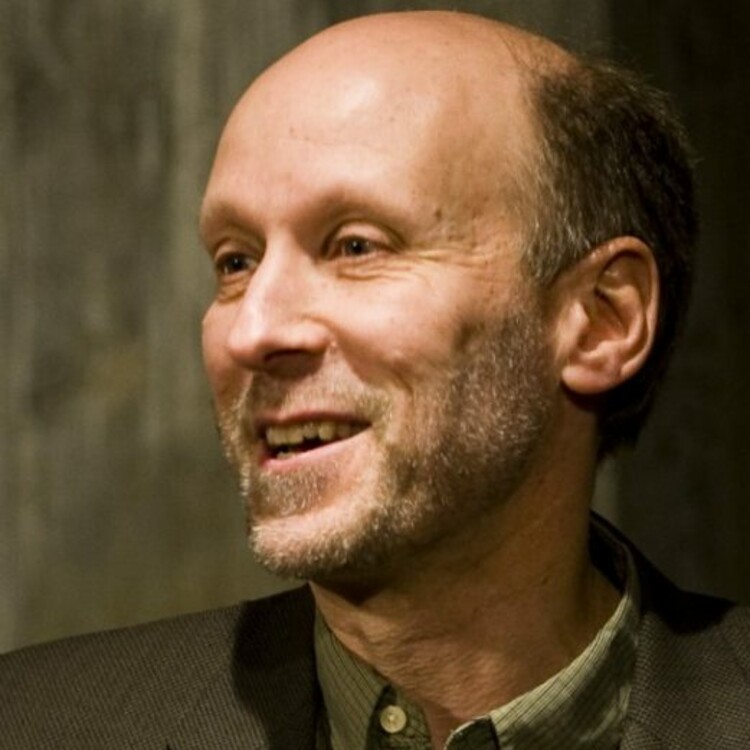
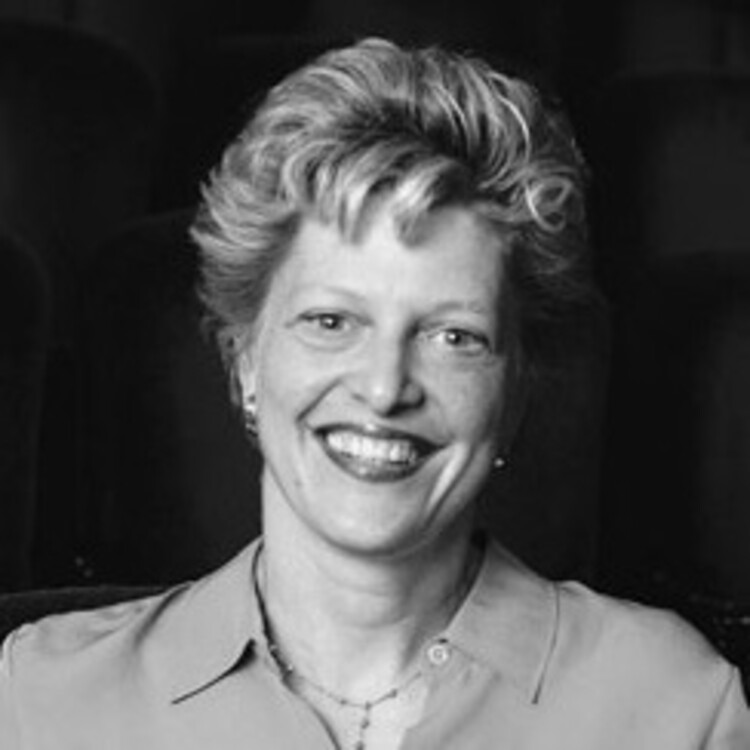
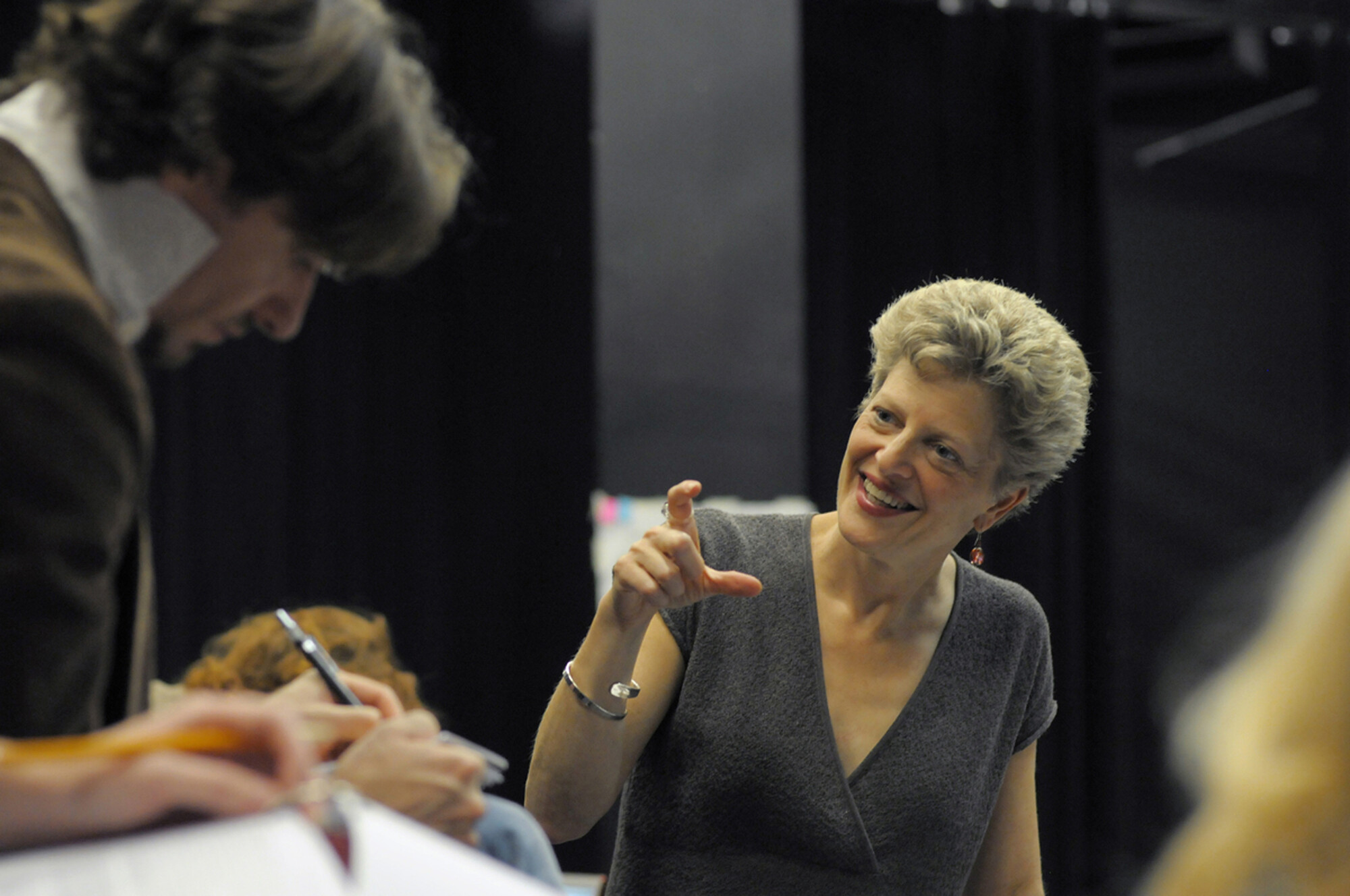
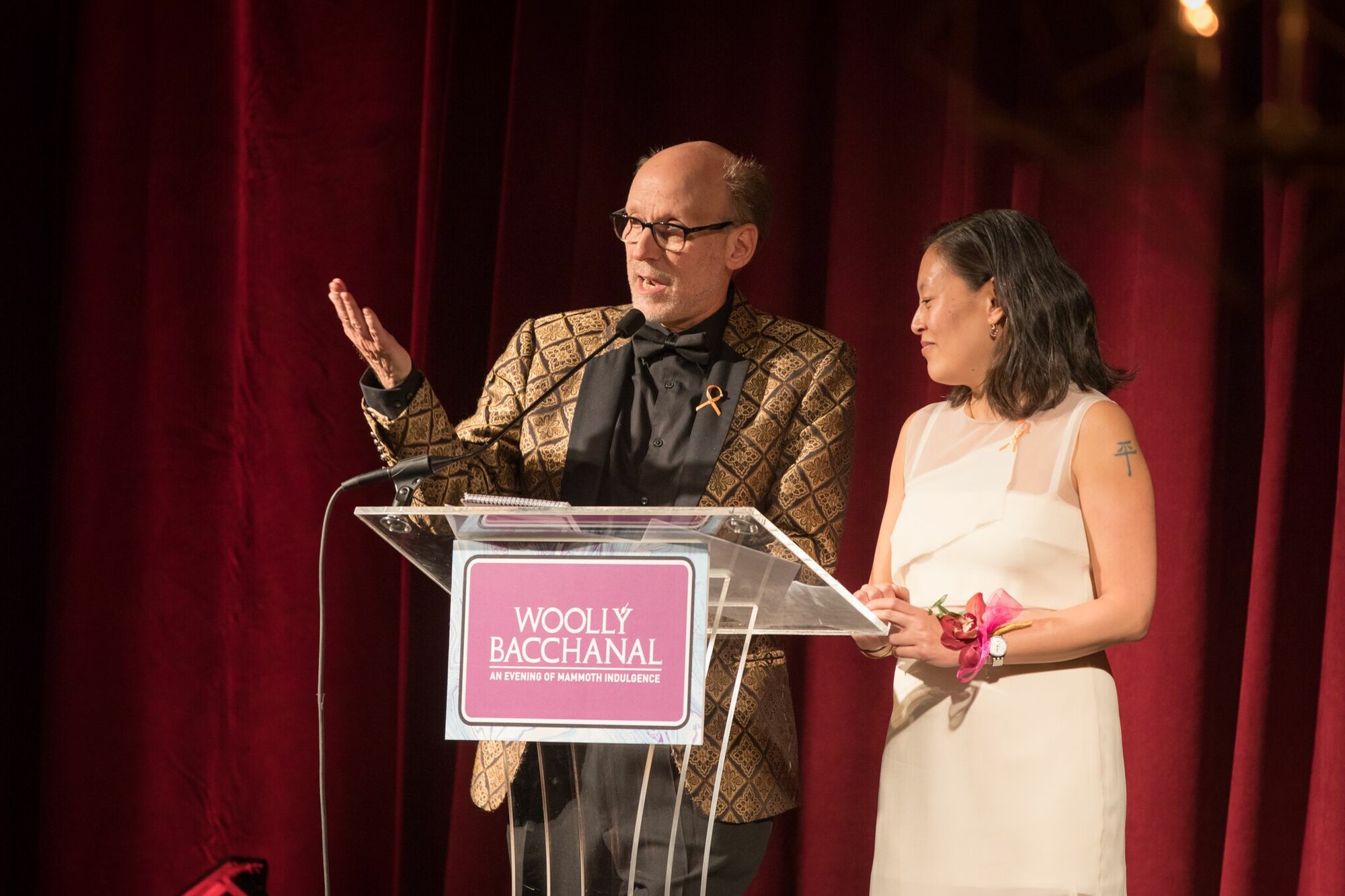
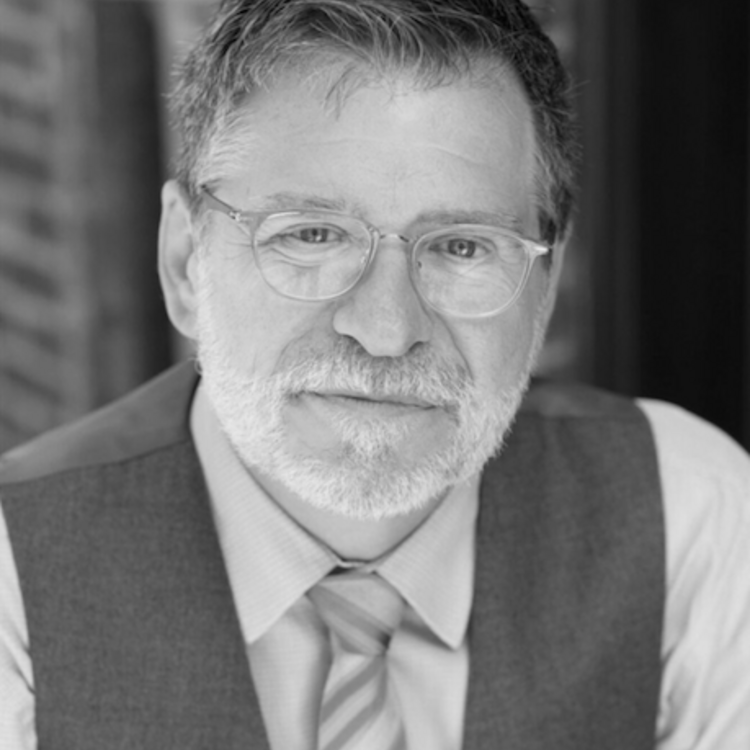
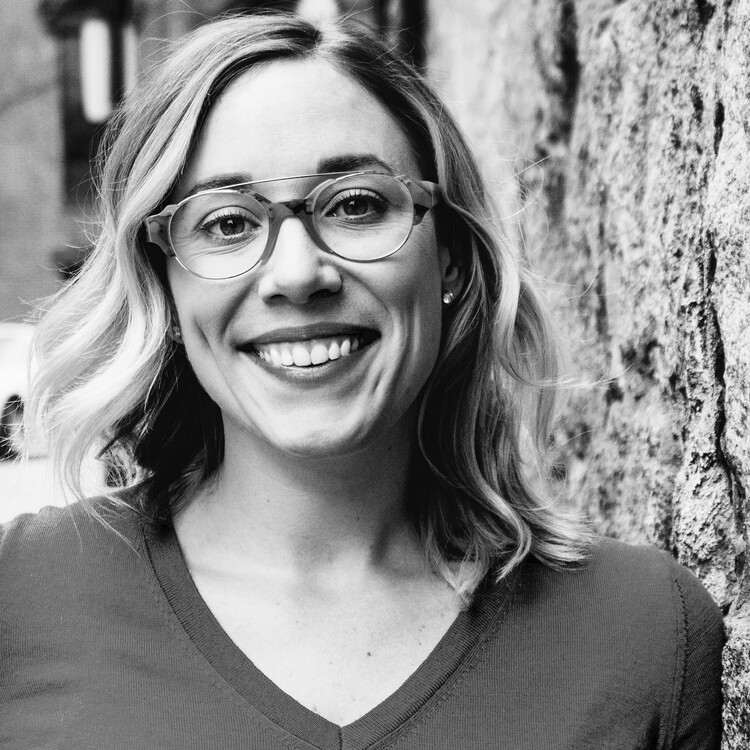





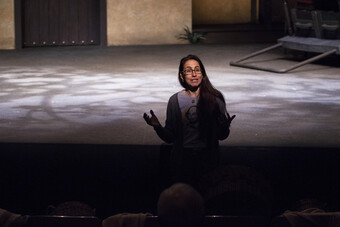


Comments
The article is just the start of the conversation—we want to know what you think about this subject, too! HowlRound is a space for knowledge-sharing, and we welcome spirited, thoughtful, and on-topic dialogue. Find our full comments policy here